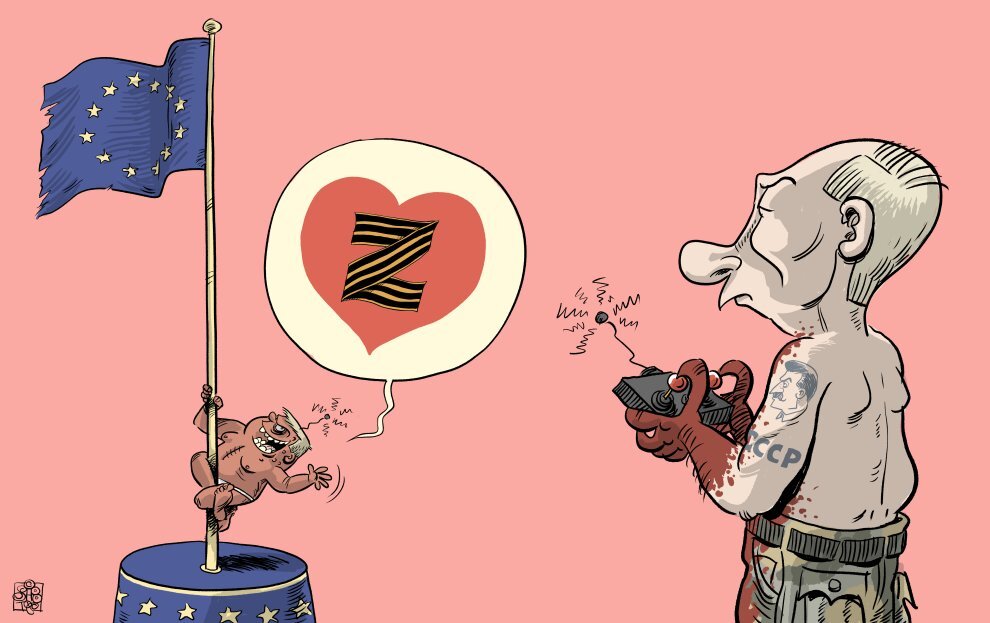In February, foreign ministers of the Weimar Triangle convened in Paris, in an attempt to give new energy to their trilateral cooperation. Comprising France, Germany, and Poland, the collective met just ahead of the second anniversary of the Ukraine invasion, to discuss, amongst other things, the challenges presented by escalating Russian assaults.
In an official declaration issued subsequent to the gathering, the German Federal Foreign Office asserted, "Russia is targeting us with hybrid actions, through disinformation, cyber attacks and political interference, with the aim to sow division in our democratic societies. This remains the most significant and direct threat to our security, peace and stability in the Euro-Atlantic area."
For several EU nations, the declaration came as little surprise, as the direct threat posed by Russia has been a palpable reality for decades. In Slovakia, Russian malign influence has arguably already left significant imprints on the country's democracy. Many attribute support from disinformation sources to the resurgence of former Prime Minister Robert Fico, a pro-Putin populist, who came to power last year. In Slovakia, experts have been scrutinising Russia's digital campaigns for years, resulting in a comprehensive understanding of how they operate. With the upcoming EU elections, it's crucial for member states to draw lessons from each other's experiences as they strive to uphold democratic integrity.
To wholly understand Slovakia's disinformation scene and its evolutionary trajectory, we must first address the conspiratorial tendencies of the Slovak population. Research by Bratislava-based think tank GLOBSEC uncovered that more than 50% of those polled in a cross-country study believed in conspiratorial narratives – making Slovakia the most conspiracy-prone country in the central European region.
Dominika Hajdu, Policy Director of the Center for Democracy and Resilience at GLOBSEC, described some of Slovakia’s most prevalent and influential conspiratorial narratives: “the conspiracy theories that have always dominated are those that claim democracies really don't exist because there are other ‘secret elites’”, she told me.
“Usually there is some sort of figure or entity, such as Bill Gates, George Soros, the World Health Organisation (WHO), or the World Economic Forum (WEF), who allegedly pulls the strings and decides what matters in Slovakia. The ‘secret elite’ is always somewhere there.” This belief that a faceless elite are actually in charge of Slovakia breaks down trust in democratic institutions, creating a “question everything” mentality when it comes to politics and society.












